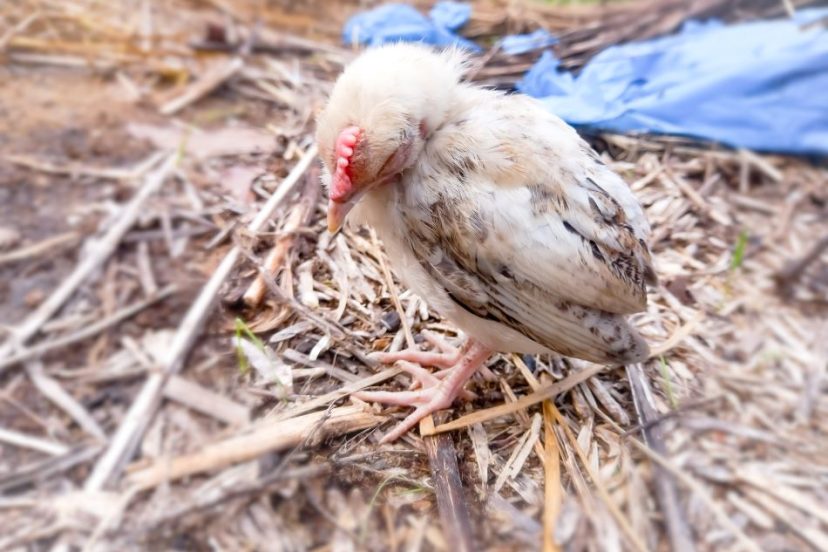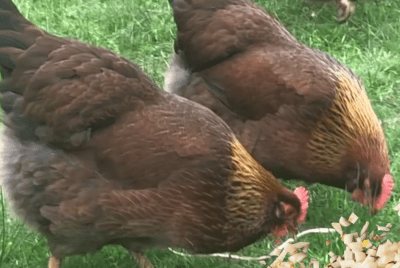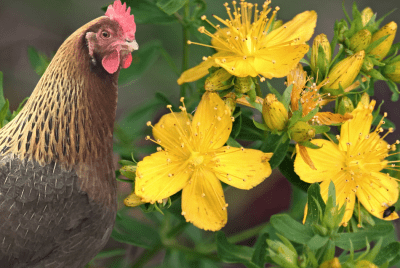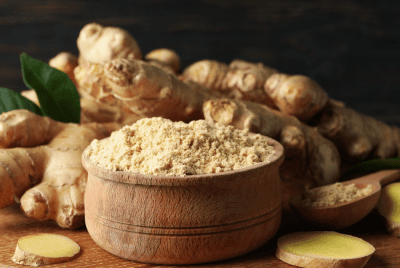How To Prevent And Treat Coccidiosis In Your Flock
Just like any poultry owner, you want to ensure the health and well-being of your flock. Understanding and preventing diseases like coccidiosis is crucial to maintaining a thriving chicken coop. Coccidiosis is a common and potentially dangerous disease caused by a parasite that can affect chickens of all ages. In this blog post, we will discuss preventative measures you can take to keep your flock healthy, as well as treatment options if your chickens do become infected. Let’s look into how you can protect your feathered friends!
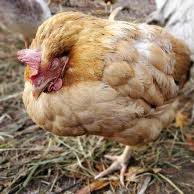
Key Takeaways:
- Prevention is key: Implement good biosecurity measures to prevent coccidiosis in your flock, such as keeping the coop clean and dry, and avoiding overcrowding.
- Consult a veterinarian: If you suspect coccidiosis in your flock, seek professional help for an accurate diagnosis and treatment plan.
- Use coccidiostats: Administer coccidiostats as a preventative measure or treatment for coccidiosis under the guidance of a veterinarian.
- Monitor flock health: Regularly observe your birds for signs of coccidiosis, such as diarrhea or decreased appetite, and take immediate action if necessary.
- Quarantine new birds: Quarantine new additions to your flock to prevent introducing coccidia or other diseases, keeping your existing flock safe and healthy.
Understanding Coccidiosis
What Is Coccidiosis?
For many chicken keepers, coccidiosis is a dreaded word. This common and highly contagious poultry disease is caused by the protozoan parasite Eimeria. It primarily affects the intestinal tract of chickens and can lead to serious health issues if left untreated.
How It Affects Your Flock
One of the key things to know about coccidiosis is that it can spread quickly within your flock, especially in damp and dirty living conditions. Understanding the symptoms is crucial. Chickens infected with coccidiosis may show signs such as diarrhea, decreased appetite, decreased egg production, and in severe cases, even death. Early detection and treatment are crucial to prevent the disease from spreading and causing harm to your birds.
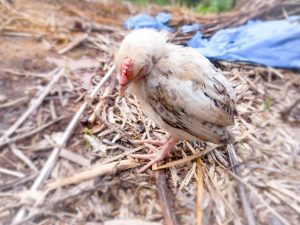
Prevention Strategies
Maintaining a Clean Environment
To prevent coccidiosis in your flock, it’s crucial to maintain a clean coop and living area. Assuming that coccidia thrive in damp and dirty environments, regularly clean and disinfect the chicken coop, replace bedding frequently, and ensure good ventilation to reduce the risk of infection. This simple step can go a long way in keeping your birds healthy.
Proper Feeding and Nutrition
To ensure your flock has a strong immune system to fend off coccidiosis, focus on providing a balanced diet rich in crucial nutrients. Any sudden changes in diet can stress the birds and make them more susceptible to infection. Including probiotics or supplements in their feed can also help boost their overall health and resilience against coccidia.
Prevention: It’s crucial to provide your chickens with a well-balanced diet to help them maintain a strong immune system. Any deficiencies in their nutrition can weaken their defenses and make them more prone to coccidiosis. Make sure they have access to clean water at all times and feed them a diet high in protein and vitamins to keep them healthy and resistant to infections.
Treatment Options
Recognizing the Symptoms
On your poultry farm, it’s crucial to keep an eye out for the classic symptoms of coccidiosis in birds, including diarrhea, bloody stool, decreased appetite, weight loss, and decreased activity. Early detection can help prevent the spread of the disease to other members of your flock.
Medications and Natural Remedies
Any poultry owner facing a coccidiosis outbreak has two main options for treatment: medications or natural remedies. While medications such as amprolium, sulfa drugs, and toltrazuril are effective in treating the disease, some farmers prefer natural remedies like apple cider vinegar, oregano oil, and probiotics as gentler alternatives.
It’s important to note that severe cases of coccidiosis may require the use of medications prescribed by a veterinarian. Always consult a professional before administering any treatment to your flock to ensure the best outcome.
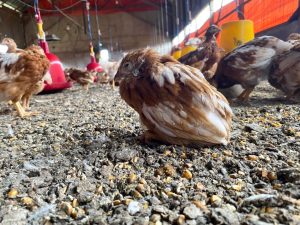
Monitoring and Long-term Flock Health
Regular Health Checks
Monitoring your flock’s health regularly is key to preventing and catching any issues early on. Keep an eye on their behavior, feces, and overall appearance. Check for signs of lethargy, weight loss, diarrhea, or abnormal breathing. Regular health checks can help you address any potential concerns promptly, ensuring the well-being of your flock.
Managing Outbreaks and Building Immunity
Monitoring your flock for early signs of coccidiosis is crucial in preventing outbreaks. Vaccination and proper hygiene practices can help build immunity in your flock. Should an outbreak occur, it’s imperative to quarantine affected birds and clean and disinfect their living areas to prevent the spread of the disease. Keep in mind that recovered birds may become carriers, so careful monitoring and management are necessary to maintain a healthy flock.
To wrap up
With these considerations in mind, preventing and treating coccidiosis in your flock can be effectively managed. By practicing good hygiene, providing a clean and dry living environment, feeding a balanced diet, and utilizing preventative measures such as medicated feed or vaccination, you can help keep your chickens healthy and free from this common poultry disease. Regular monitoring of your flock for any signs of coccidiosis and seeking veterinary advice when necessary will also contribute to their overall well-being. Recall, early detection and proper treatment are key to successfully managing coccidiosis in your poultry flock.
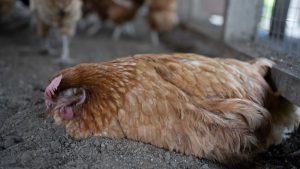
FAQ
Q: What is coccidiosis?
A: Coccidiosis is a common intestinal parasite in poultry caused by a protozoan parasite called Eimeria.
Q: How can I prevent coccidiosis in my flock?
A: You can prevent this desease in your flock by practicing good sanitation, providing clean water and feed, and avoiding overcrowding in the coop.
Q: What are the symptoms of coccidiosis in chickens?
A: Symptoms of this disease in chickens include diarrhea, weight loss, decreased egg production, and lethargy.
Q: How is coccidiosis diagnosed in chickens?
A: Coccidiosis can be diagnosed in chickens through fecal testing or by observing clinical signs and symptoms in the flock.
Q: What are the treatment options for coccidiosis in chickens?
A: Treatment for this desease in chickens includes medication such as coccidiostats, supportive care like hydration and nutrition, and improving coop hygiene to prevent reinfection.
How Many Eggs Do Golden Comet Chickens Lay in a Week?
Do Buff Brahma Chickens Make Excellent Backyard Pets?
Can Rare Bielefelder CHickens Survive in Cold Climates?
These Breeds will give you Flock Harmony!

